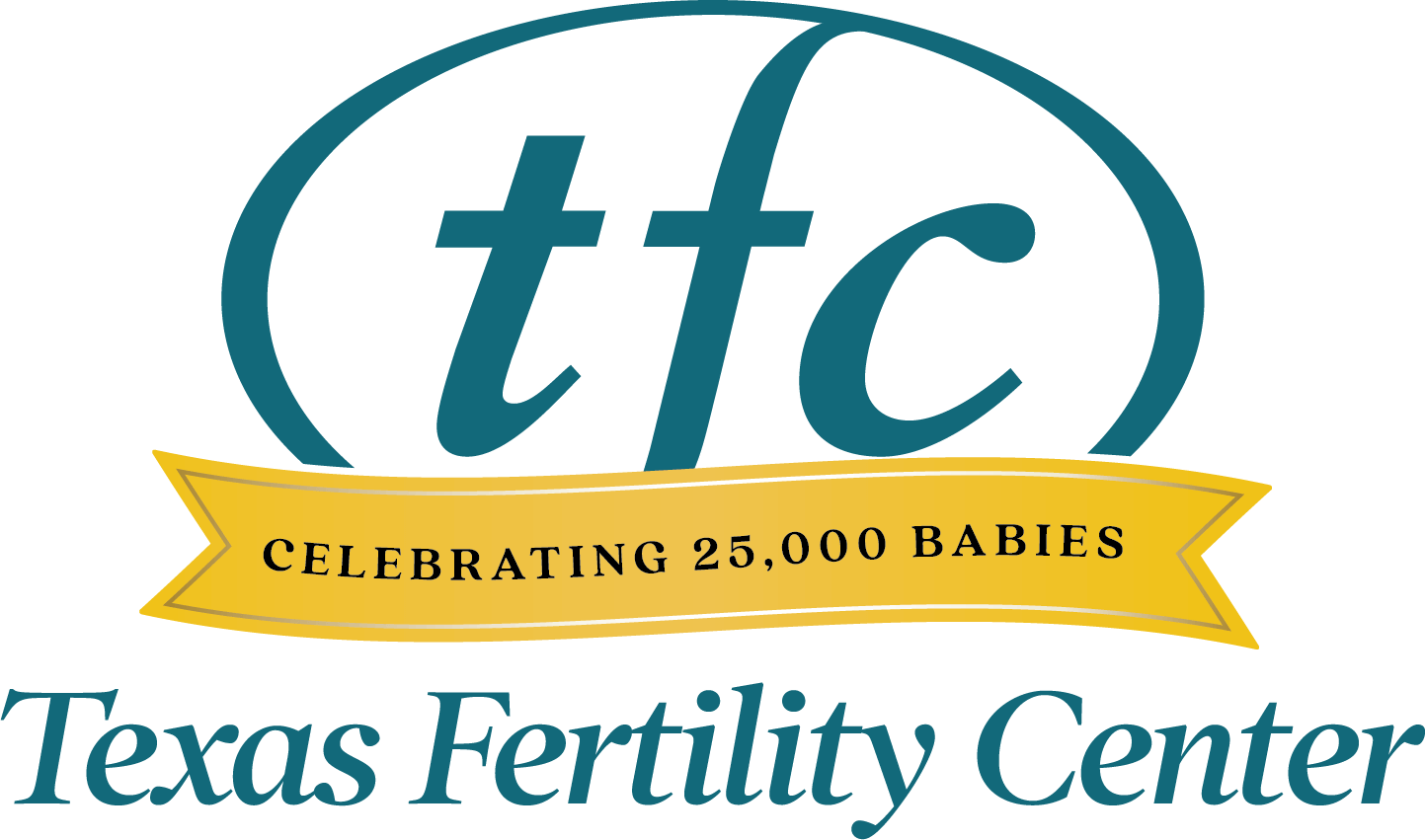
Donor egg IVF provides another path to parenthood for many patients
Before you can see a positive pregnancy test, an egg and a sperm need to come together to create an embryo. However, it isn’t always possible for patients to use their own eggs to conceive. This could be due to a reduced egg supply, previous IVF cycle failure or the fear of passing on a genetic illness. When this happens, Texas Fertility Center New Braunfels offers another way forward in the form of donor egg IVF.
Susan Hudson MD, our New Braunfels fertility doctor, knows that many people don’t know what to expect from this process. As a result, she guides her patients through every step to help them conceive with donor eggs.
What’s the first step of this family-building option?
When you want to conceive with donor eggs, the first step is selecting an egg donor. Some people decide to ask a friend or a family member to donate their eggs. However, the woman who is donating her eggs cannot be related to the man who is providing his sperm for the pregnancy.
More commonly, intended parents select an egg donor from an agency or a program like Texas Fertility Center’s in-house donor egg program. These types of donors are typically anonymous. However, selecting a donor from a program or an agency has many advantages when doing donor egg IVF.
- These donors must complete an extensive medical history questionnaire and pass thorough physical and psychological screening.
- All donors have testing for infections and sexually transmitted diseases.
- Many egg donors also undergo genetic testing to ensure that they don’t carry genetic conditions like cystic fibrosis or sickle cell disease.
To help you pick the best donor for you and your family, egg donation programs allow you to review comprehensive profiles of each donor. The profiles contain information about the donor’s appearance, education, hobbies, health and personality.
How does donor egg IVF work?
After you select your donor, you can start the process to conceive with donor eggs. This process will vary slightly depending on whether you are using fresh or frozen eggs.
- In a fresh cycle, you will take medications to synchronize your cycle with your egg donor’s cycle. This involves taking hormones to prepare your uterine lining.
- During a frozen cycle, you may still take medications to prepare your uterine lining. However, it’s not necessary to synchronize your cycle and your donor’s cycle.
Once our New Braunfels fertility doctor receives the eggs from your donor, the IVF lab team will fertilize them using sperm from your partner. Embryologists will then monitor the eggs for signs of fertilization and watch the fertilized eggs develop into embryos.
When the embryos reach the appropriate stage of development, Dr. Hudson will transfer one or more embryos to your uterus. You will then return to our clinic two weeks later for a blood pregnancy test. At that time, we will hopefully celebrate your positive pregnancy test.
If you’d like to learn more about donor egg IVF to see if it’s right for you, contact us to schedule an appointment. Our New Braunfels fertility doctor and our team are here to help you take the first step on your path to parenthood.



